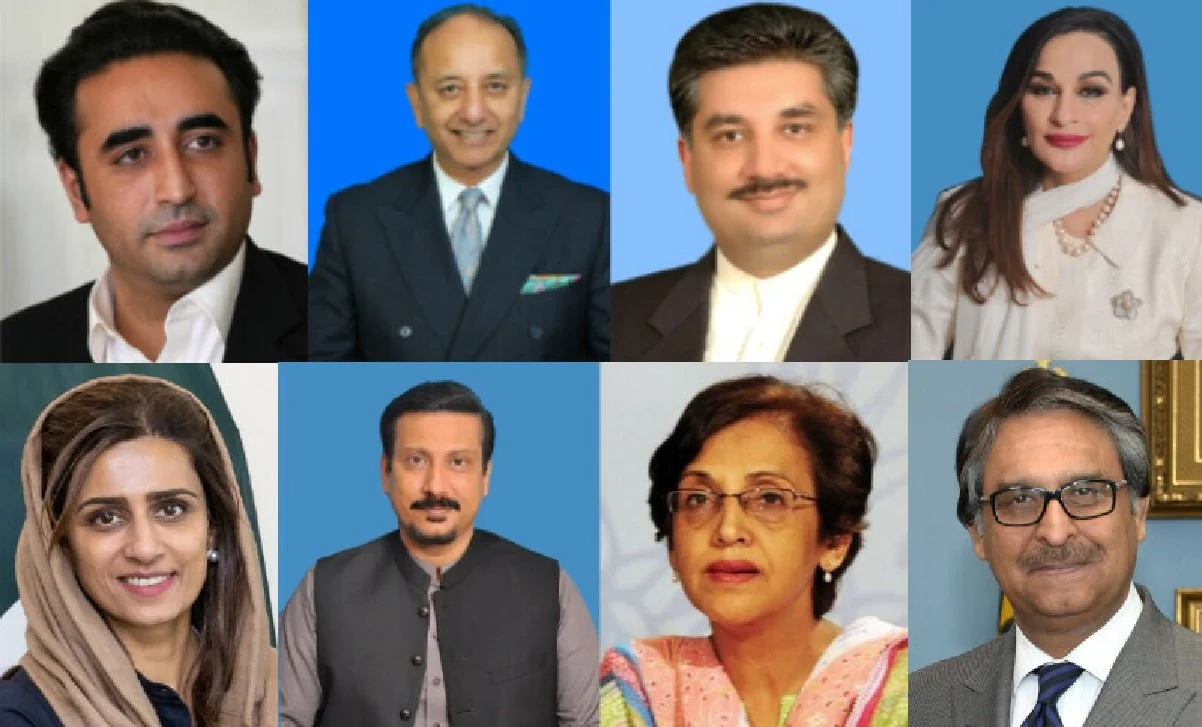Pakistan’s lone diplomatic mission: too little, too late?
As India aggressively pushes its narrative across global capitals through multiple parliamentary delegations, Pakistan’s slow response reflects strategic complacency and a worrying lack of urgency
NEWS ANALYSIS
May 29, 2025
IN a moment demanding swift, strategic diplomacy, Pakistan appears to be dragging its feet. While New Delhi has already dispatched multiple delegations of parliamentarians — at least six, by some counts — to major world capitals, Islamabad will be sending just one. And that too only from 2nd June, nearly three weeks into India’s vigorous international campaign.
This is not merely a scheduling issue. It is symptomatic of a chronic flaw in Pakistan’s foreign policy machinery: reactive, under-resourced, and astonishingly unhurried. At a time when narrative control is critical in shaping global opinion over the escalating tensions in South Asia, Pakistan’s delayed diplomatic push suggests a troubling lack of urgency.
India’s delegations — led by articulate and media-savvy MPs such as Shashi Tharoor, Asaduddin Owaisi, and Mahua Moitra — have already met key stakeholders in Washington, London, Berlin, and Paris. Their objective is clear: portray Pakistan as the aggressor, position India as the defender of regional peace, and rally international support. Each delegation targets a different audience, thus amplifying their collective message and widening their influence.
In contrast, Pakistan’s effort looks threadbare. Headed by PPP Chairman Bilawal Bhutto-Zardari and accompanied by several capable politicians including Sherry Rehman, Musadik Malik, and Khurram Dastgir Khan, the Pakistani delegation will visit only a handful of cities, including New York, Washington, London, and Brussels. One group, one itinerary, one message — while India plays the diplomatic game on multiple boards simultaneously.
Worse still, senior PPP leader Sherry Rehman has publicly downplayed the delay, insisting there was “no hurry” and that Pakistan wasn’t “concerned with the work of the Indian delegation.” Such remarks reek of complacency, not confidence. In global diplomacy, timing is as critical as content. Every day ceded to the enemy is a day lost in shaping perception and influence.
Let’s be clear: this is not about mimicking India’s moves. It’s about recognising that in the modern geopolitical arena, narrative is power. If India’s version of events becomes the dominant global account, Pakistan will find itself on the back foot — again — fighting uphill in every forum, from the United Nations to bilateral corridors.
A single delegation, however well-meaning or well-prepared, cannot match the weight of India’s coordinated diplomatic blitz. It is not enough to have “substance” or “quality meetings”, as PPP leaders suggest. Substance needs strategy. Quality needs scale. And timing? Timing needs to be now — not next week.
To be fair, Pakistan’s financial crunch is a significant constraint — and likely the main reason behind the decision to send only one delegation. That is a reality for which there is, at present, no easy remedy.
Having said that, Pakistan’s leadership must realise that foreign policy is not theatre — it is a battlefield of narratives. And in that battle, we are under-prepared, outnumbered, and already running late.
